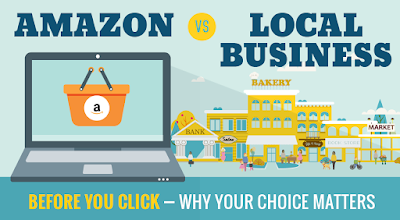Refugee Chefs Are Revolutionizing the U.S. Food Scene

By Sarah Buder From Afar Immigrant-owned restaurants have long enhanced the flavor of food scenes in cities across the United States. But in recent years, as refugee resettlement and immigration issues have fueled some of the country’s most divisive political debates, various eating establishments are redefining what it means to “break bread.” Global initiatives such as the Refugee Food Festival encourage local restaurants to open their kitchens once a year to chefs from war-torn countries, allowing them the resources to prepare and serve traditional meals from their homelands. Since its 2016 inception in Paris, the festival has reached 14 cities worldwide, including San Francisco and New York City. Now, across the United States, an increasing number of “food incubators” are supporting refugee and immigrant chefs in even longer-lasting ways. These refugee-powered restaurants provide newly settled U.S. residents with the language, business, and culinary skills necessary to pursue...











